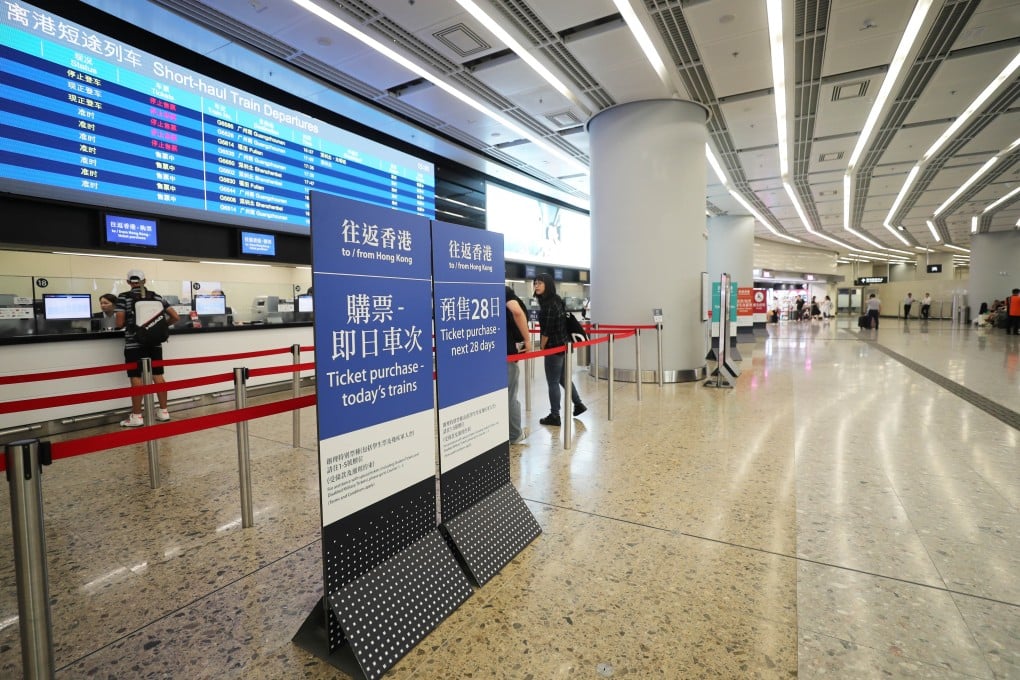China’s ‘golden week’ loses some of its shine as consumers show reluctance to spend amid US trade war
- Retail and catering sales rose 8.5 per cent, decelerating from a 2018 growth rate of 9.5 per cent, marking the slowest growth since the comparison was published in 2001
- Number of tourists who stayed in China during the seven-day holiday rose 7.8 per cent from a year ago to 782 million, but the growth rate was the lowest in a decade

China’s National Day holiday during the first week of October, dubbed “golden week” for merchants, lost some of its shine this year as consumers became more cautious with their retail and tourism spending amid rising economic uncertainties.
China started the golden week system in 2000 with the purpose of boosting consumer spending, and the National Day retailing performance has often been widely used as a yardstick for Chinese consumer confidence and purchasing power.
The overall softness in tourism and retail sales, a sign of weak consumer sentiment, could pose a challenge for Beijing, which is counting on strong consumer spending to bolster growth amid headwinds from the trade war with the United States, without significantly worsening its domestic debt situation.
However, an economic slowdown at home, as well as the impact of continuing unrest in Hong Kong – which until this year has been a prime destination for mainland shoppers – have combined to dampen consumer spending.
According to data from China’s migration administration bureau, the number of mainland tourists crossing the border into Hong Kong in the first six days of golden week plunged 15.1 per cent from the same period a year ago, due in part to the reduced flow between Shenzhen and Hong Kong.